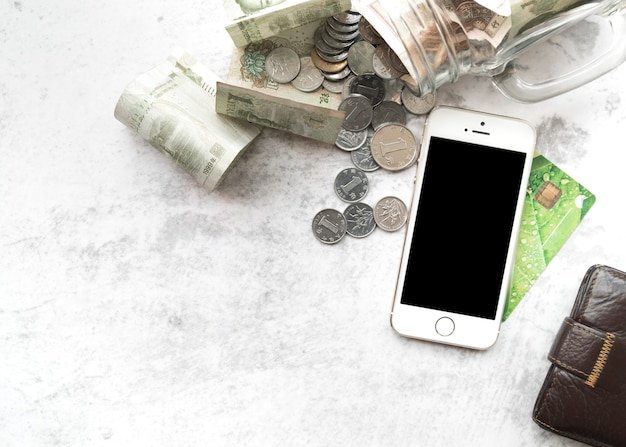
With all the buzz about the US healthcare system and the idea that Europe might be better off, I wanted to break down how the French healthcare system works and why it’s both amazing and flawed.
### The Good Stuff
In France, healthcare is universal, meaning everyone has access to it whether they’re employed, job hunting, or homeless. If you have a job, a portion of your salary funds the Social Security system. If you don’t have a job, a percentage of your benefits above a minimum amount goes towards funding it. For those who are homeless or earning under $10K a year, you can apply for universal health insurance that covers all medical bills.
Routine checkups with a general practitioner (GP) cost a fixed price—currently 23 euros ($30) per visit. Social Security refunds 70% of this, so you end up paying 6.9 euros ($9) unless you have additional health insurance that covers it or you earn less than $10K a year, in which case you pay nothing. This applies to prescription drugs and any further treatment or referrals from your GP.
You always need to get a GP’s referral for additional tests, scans, or specialist visits (except for dentists, gynecologists, and ophthalmologists). Without a referral, you’ll have to pay the full fee yourself.
Even alternative therapies like acupuncture and homeopathy are covered. You can even get a thermal treatment for depression paid for by Social Security. Other services like psychotherapy and smoking cessation programs are also covered. Every five years, you’re entitled to a full checkup for free, which includes hearing, eye, and dental exams, lung scans if you smoke, blood tests, and more—anything found during this checkup is treated for free.
If you’re pregnant and there aren’t enough beds in public hospitals, you can opt for a private clinic, and Social Security covers it. For other private treatments, the coverage is 70% of the public rate—you’ll cover the remaining 30% and any additional premium. For example, if a private GP charges 50 euros, you’ll pay the 27 euros premium and 30% of the 23 euros public rate.
### The Bad Stuff
The fixed prices for medical services are set by Social Security and are rarely updated. This means a GP has to see numerous patients to make a decent living. As a result, they might not be able to give you as much attention as a doctor charging higher fees.
Due to the overwhelming number of patients, you might have to wait several weeks for a routine checkup and several hours if you’re squeezed in as an emergency. The same goes for emergency rooms; hospitals often lack enough staff.
House calls by doctors have become rare. Dental procedures are even more poorly compensated. Basic dental treatments like filling a cavity are set at around 25 euros, whereas a root canal is about 80 euros. Because these rates are so low, dentists might push for more expensive procedures like crowns to make up for the loss, often charging significantly more than what Social Security covers.
The high cost and long wait times for some treatments push patients to seek care abroad, partly refunded by Social Security, which places even more strain on local doctors. This also discourages doctors from pursuing advanced training or expensive specializations and innovations, leaving some practices stuck in the past.
While abortions are free, contraception is not, leading some women to opt for the free option. The system also faces financial deficits due to poor administration and abuse by patients seeking free treatments and medications. Though there have been campaigns to curb this abuse and cost-cutting measures implemented, the system remains troubled.
### In Short…
Despite its issues, France has one of the highest life expectancies in the world, well over 80 years. This might partly be thanks to their diet, including wine. For those relocating to France, companies can assist with navigating international healthcare options.
Would you prefer to be on the French healthcare system?









